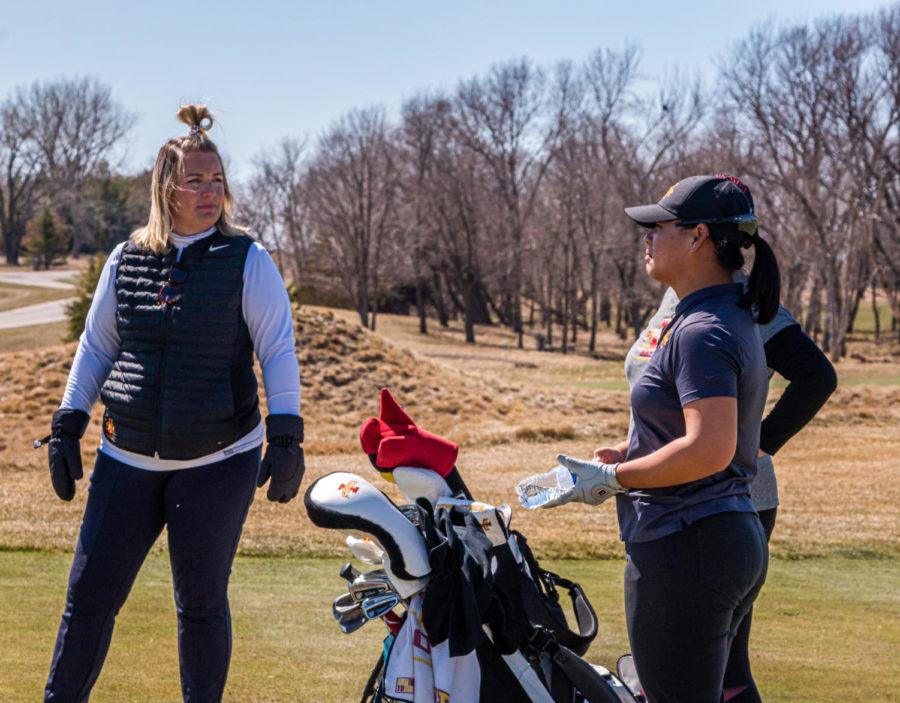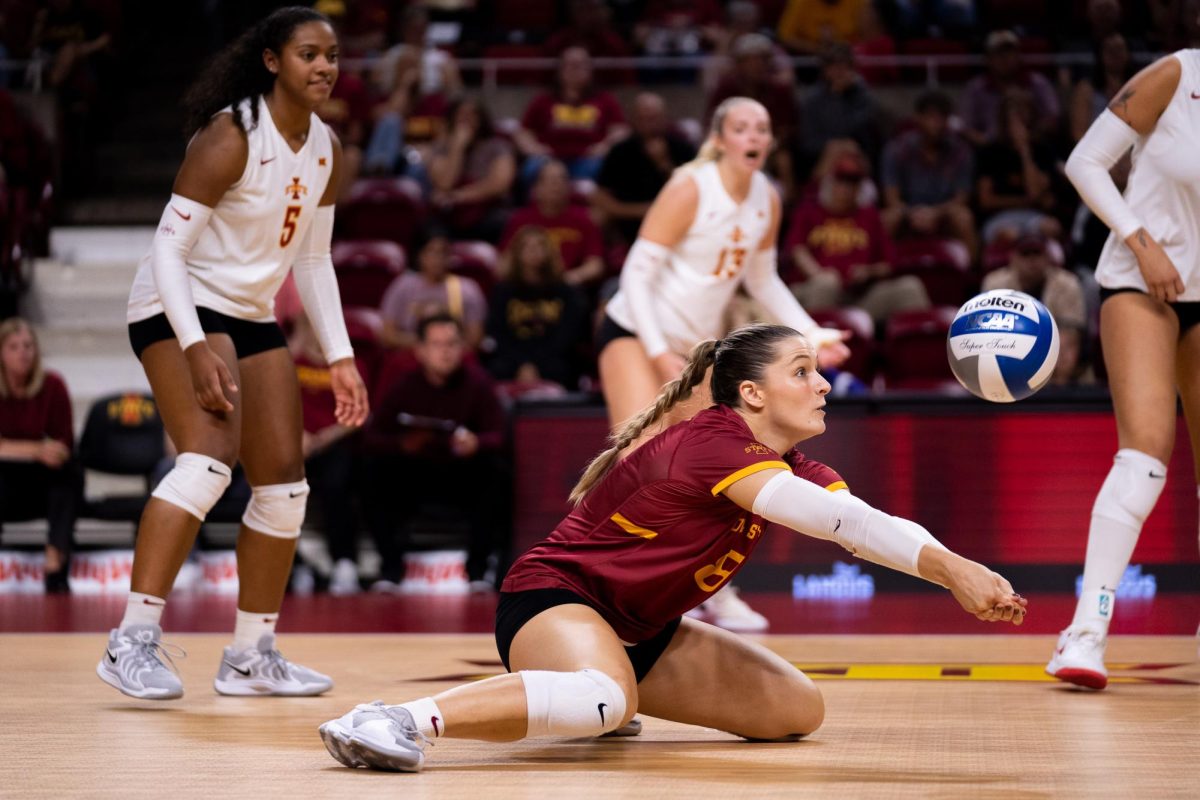Exercise helps beat winter blues
November 20, 1998
One way students are beating the winter blues is with exercise, but they might not know the best way to go about an exercise program.
“I like to exercise because I feel refreshed and revitalized when I do,” said Josh Lee, sophomore in psychology. “I usually end up exercising at night after I’ve been studying for a while because it helps me relax.”
Lee said exercising has many benefits.
“First, there are the obvious health benefits, such as better cardiovascular function and greater strength and stamina, but there are also psychological benefits,” he said. “Exercising stimulates the releasing of endorphins, which are neurotransmitters that induce feelings of pleasure.”
Jaime Tokheim, undeclared freshman, recently started a new exercise routine.
“My roommate and I started running just to be in better physical condition, and for something to do together,” Tokheim said. “We actually started this week because we suddenly got motivated, and we figured once we got started, we’d continue.”
Before students begin an exercise program, however, the best thing to do is to make an appointment at the Wellness Center, located in Room 2015 of the Student Health Center, said Warren Franke, associate professor of health and human performance.
“The Wellness Center has staff who can perform fitness assessments, develop exercise programs and provide nutritional and fitness counseling,” he said. “In other words, they can help a student identify what the student needs to work on, and help them develop a plan to do so.”
Another factor to be aware of before beginning an exercise program is nutrition, said Lori Applegate, sophomore in dietetics. Applegate said most dietitians will tell students that if they are going to start exercising, they are going to need more energy.
“Eat a balanced meal by following the food guide pyramid,” she said. “You should eat a variety of foods, in particular carbohydrates if you are planning to undergo more intense exercise.”
Along with a plan of action and a proper diet, correct usage of equipment plays an important role in students’ exercise programs, Franke said.
“Injuries are most commonly associated with students overdoing it,” Franke said.
“The number of injuries are almost too numerous to mention but can generally be minimized if the student warms up and cools down before and after a workout, follows an exercise program designed by someone knowledgeable and uses common sense,” he said.
Students also can decrease their chances for injury by taking a class or consulting a physician.
“[The Department of] Human Performance at ISU offers 100-level, pass-fail courses designed to help students develop expertise in weight training,” Franke said. “The Wellness Center can help with stretching and developing an appropriate exercise prescription.”






